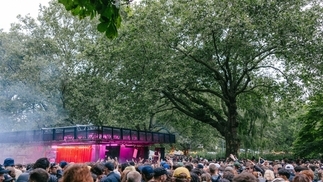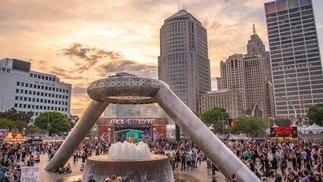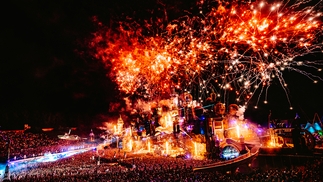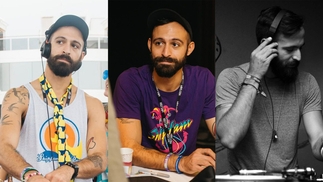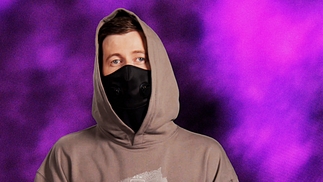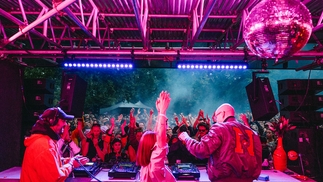DECIBEL FESTIVAL 10TH ANNIVERSARY
Seattle fest gears up for the big 10!
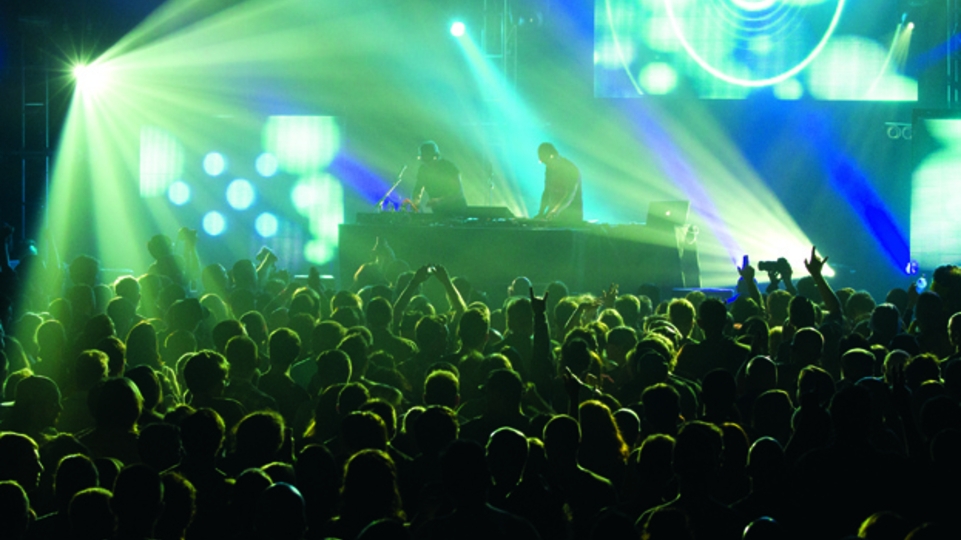
As the 'EDM' tidal wave continues to crash over The States, the club scenes of America's major cities are rightfully reaping the benefits. Seattle is no exception. Increasingly, cool after-parties playing house and techno are capturing the imagination of the city's young adults and large-scale dance events are cropping up left, right and centre. One festival, however, has been bringing eclectic dance sounds to the largest city in the Pacific Northwest since 2004.
And rather than conveniently stepping in recently to tap today's unprecedented wave of dance music hype, Decibel has the city's best interests at heart. For Sean Horton, there is a very personal connection between himself, his city and the festival — in 2009, he even married his wife there, for Pete's sake!
“From massive outdoor EDM festivals to word-of-mouth underground after-hours, support for Seattle's electronic music community has never been stronger,” he explains. “It's inspiring and sometimes exhausting as a DJ, performer, producer and curator to keep up. Seattle's tech job market is also booming, which I do believe has a major impact on the music community here as a whole. I do believe that Decibel has an ideal home in Seattle. There's honestly nowhere else I'd rather be, especially in September.”
Emerging from the ashes of Sean's Dreaming In Stereo club series back in 2002, the first Decibel event was in January 2004, before the inaugural festival for 2,500 people in September of the same year. Spread across various venues across two adjoining neighbourhoods — downtown Seattle and Capitol Hill — located centrally, Decibel's multitude of programmes now occupy a succession of local nightclubs, industrial spaces, theatres and parks. And it's likely to attract almost 30,000 people for the 10th edition this year (25th — 29th September), says Sean.
“In total, we have 11 venues this year, ranging from 500-capacity seated auditoriums, to 2000-capacity warehouse spaces to boat parties, to a large park,” he adds. “The venues are as diverse as the music I programme for them. I've personally always preferred clubs, warehouses and theatre spaces to massive outdoor stages. I'd say we're the opposite of Electric Daisy Carnival in that regard.”
It's not only Decibel's dissemination of electronic music across an entire city, as opposed to a single location, that sets them apart from an EDM monolith like EDC. Focusing more on established underground talent, stretching from original house and techno pioneers hailing from Detroit, Chicago and New York to the most wanted DJs and producers from Europe and beyond, Decibel has hosted over 8000 acts, from over 30 countries, including Flying Lotus, Modeselektor, Green Velvet, Carl Craig, Richie Hawtin and Four Tet.
There's also state-of-the-art capability for the most sensory-blasting live shows on the planet, as witnessed by the US debut of Amon Tobin's ISAM show in 2011. There are also workshops and talks dedicated to cultivating visual arts in the city.
“We also host film, art installations and an extensive three-day conference dedicated to digital arts eduction,” explains Sean. “All technical aspects aside, Decibel is a massive urban party featuring a wide spectrum of international DJs, bands, laptop acts and visual artists.”
After attracting a predominantly elder crowd during the the early years, Sean has witnessed the demographic skewed by increasingly younger club cats as the EDM contagion has continued to spread. However, that hasn't altered his vision, or that of his team. This year, the likes of Art Department, Speedy J and Machinedrum will cross paths with Zedd, Flosstradamus and The Martinez Brothers to reinforce the very increasing diversity of Decibel, now pushing on into its second decade...
